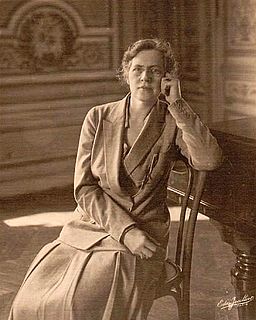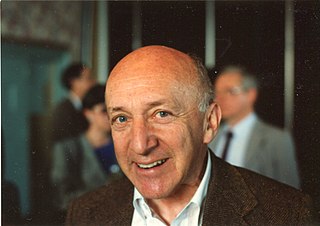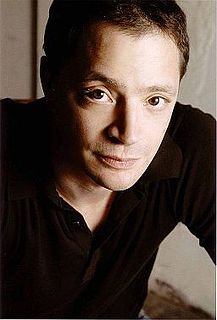A Quote by N. R. Narayana Murthy
I've always enjoyed mathematics. It is the most precise and concise way of expressing any idea.
Quote Topics
Related Quotes
To criticize mathematics for its abstraction is to miss the point entirely. Abstraction is what makes mathematics work. If you concentrate too closely on too limited an application of a mathematical idea, you rob the mathematician of his most important tools: analogy, generality, and simplicity. Mathematics is the ultimate in technology transfer.
I do not remember having felt, as a boy, any passion for mathematics, and such notions as I may have had of the career of a mathematician were far from noble. I thought of mathematics in terms of examinations and scholarships: I wanted to beat other boys, and this seemed to be the way in which I could do so most decisively.
When we look back over the landscape of our lives from any particular vantage point, we will find that the most valuable and the most precious things that we have ever enjoyed or experienced are caught up in the quality and quantity of the loving relationships that we have enjoyed. That if any time of life we look back and we have accomplished anything else in the world, financially or materially or politically or any other way, and we do not have high-quality loving relationships to fall back on and to remember and to think about and to enjoy, to that degree we have failed as human beings.
One of the big misapprehensions about mathematics that we perpetrate in our classrooms is that the teacher always seems to know the answer to any problem that is discussed. This gives students the idea that there is a book somewhere with all the right answers to all of the interesting questions, and that teachers know those answers. And if one could get hold of the book, one would have everything settled. That's so unlike the true nature of mathematics.
Most people have some appreciation of mathematics, just as most people can enjoy a pleasant tune; and there are probably more people really interested in mathematics than in music. Appearances suggest the contrary, but there are easy explanations. Music can be used to stimulate mass emotion, while mathematics cannot; and musical incapacity is recognized (no doubt rightly) as mildly discreditable, whereas most people are so frightened of the name of mathematics that they are ready, quite unaffectedly, to exaggerate their own mathematical stupidity
The point of mathematics is that in it we have always got rid of the particular instance, and even of any particular sorts of entities. So that for example, no mathematical truths apply merely to fish, or merely to stones, or merely to colours. So long as you are dealing with pure mathematics, you are in the realm of complete and absolute abstraction. . . . Mathematics is thought moving in the sphere of complete abstraction from any particular instance of what it is talking about.
I thought clarity of communication was the most important thing in writing, and if you really cared about getting your idea across, you would say it in the most straightforward way possible. Later, in college and grad school, I came to realize that language is a technology like any other, and that it's always evolving - clarity of expression is always evolving.


































